Javier Otxoa dies aged 43 after long illness
Spanish rider won on Hautacam and then triumphed in Paralympics following training accident
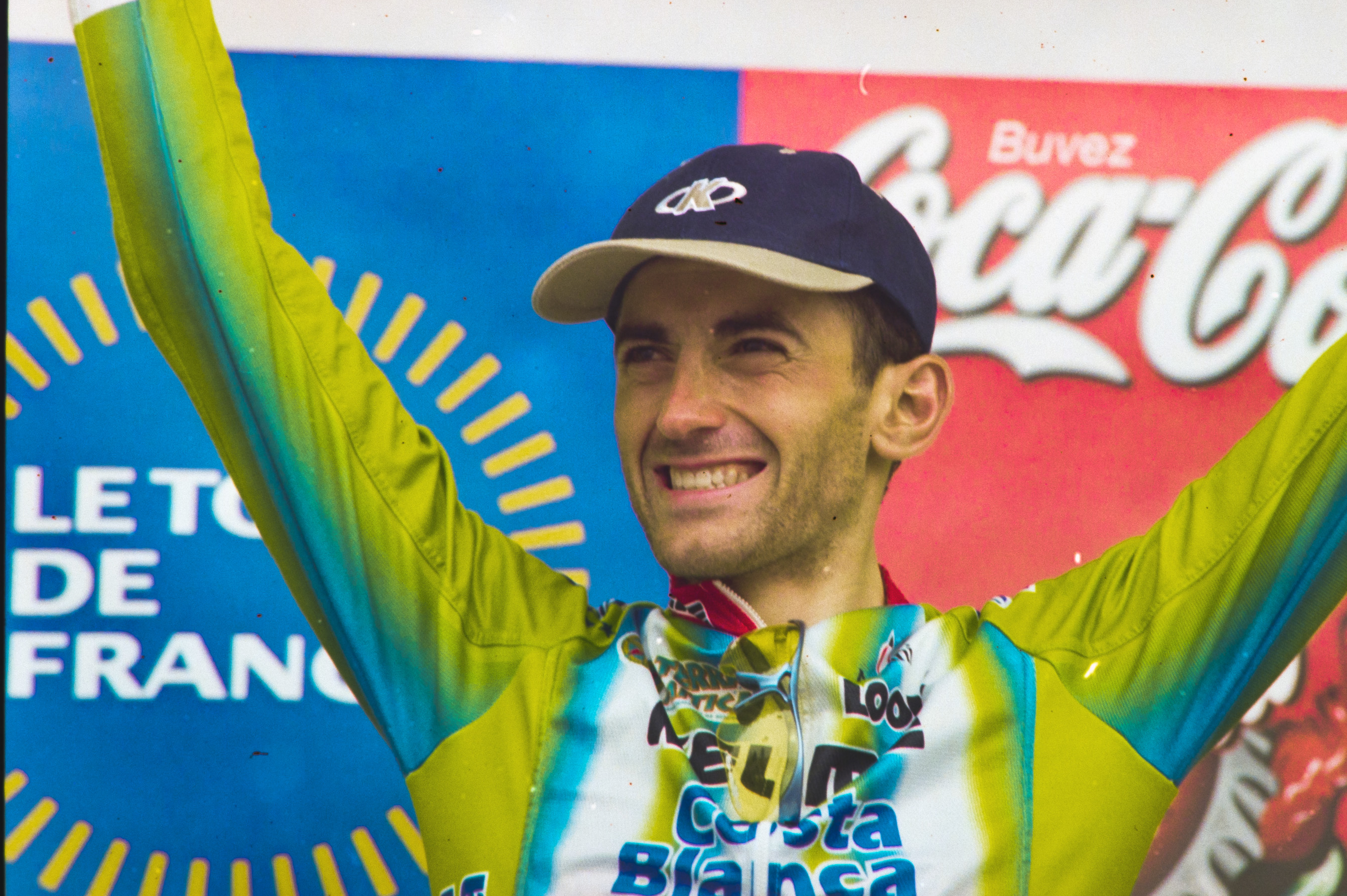
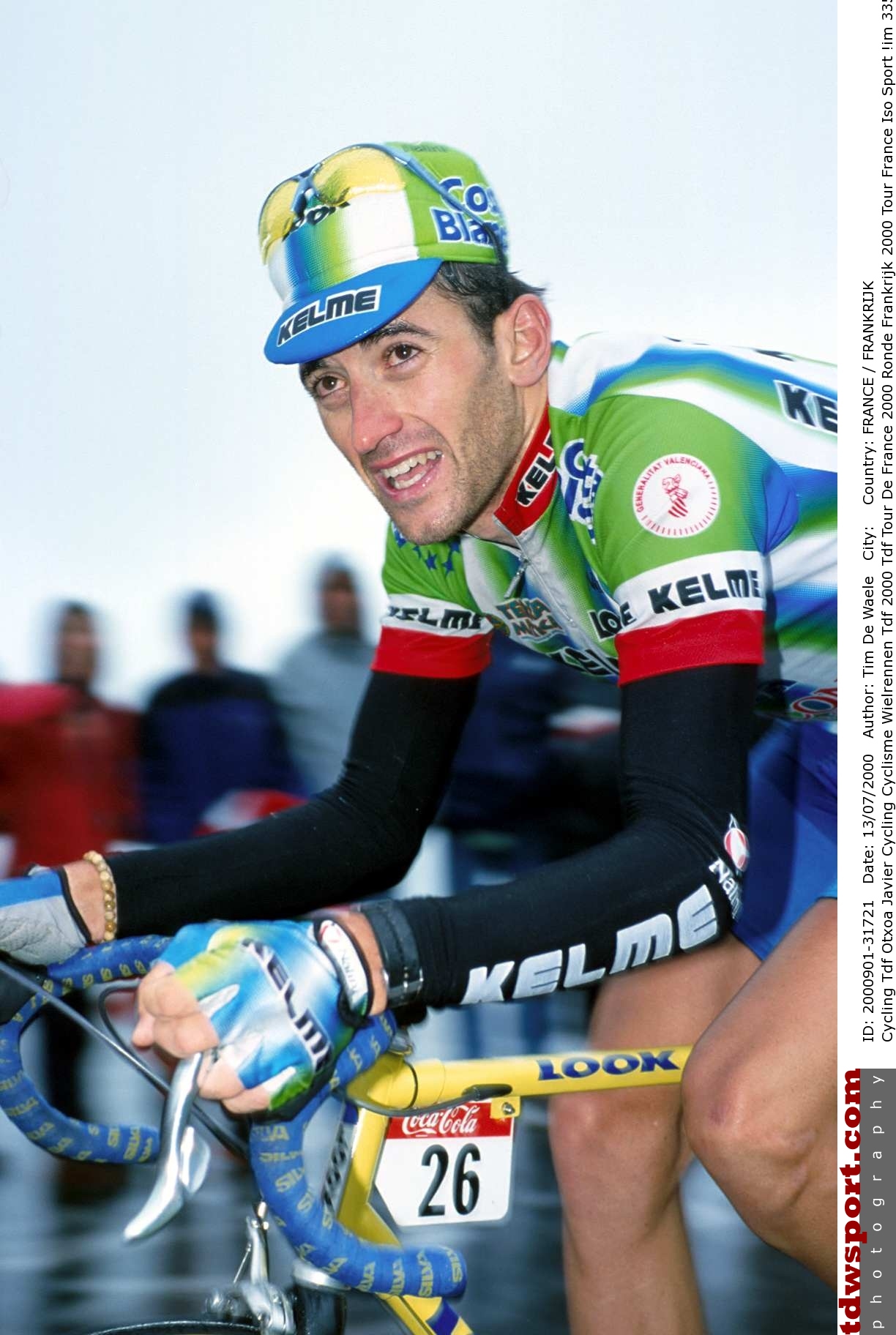
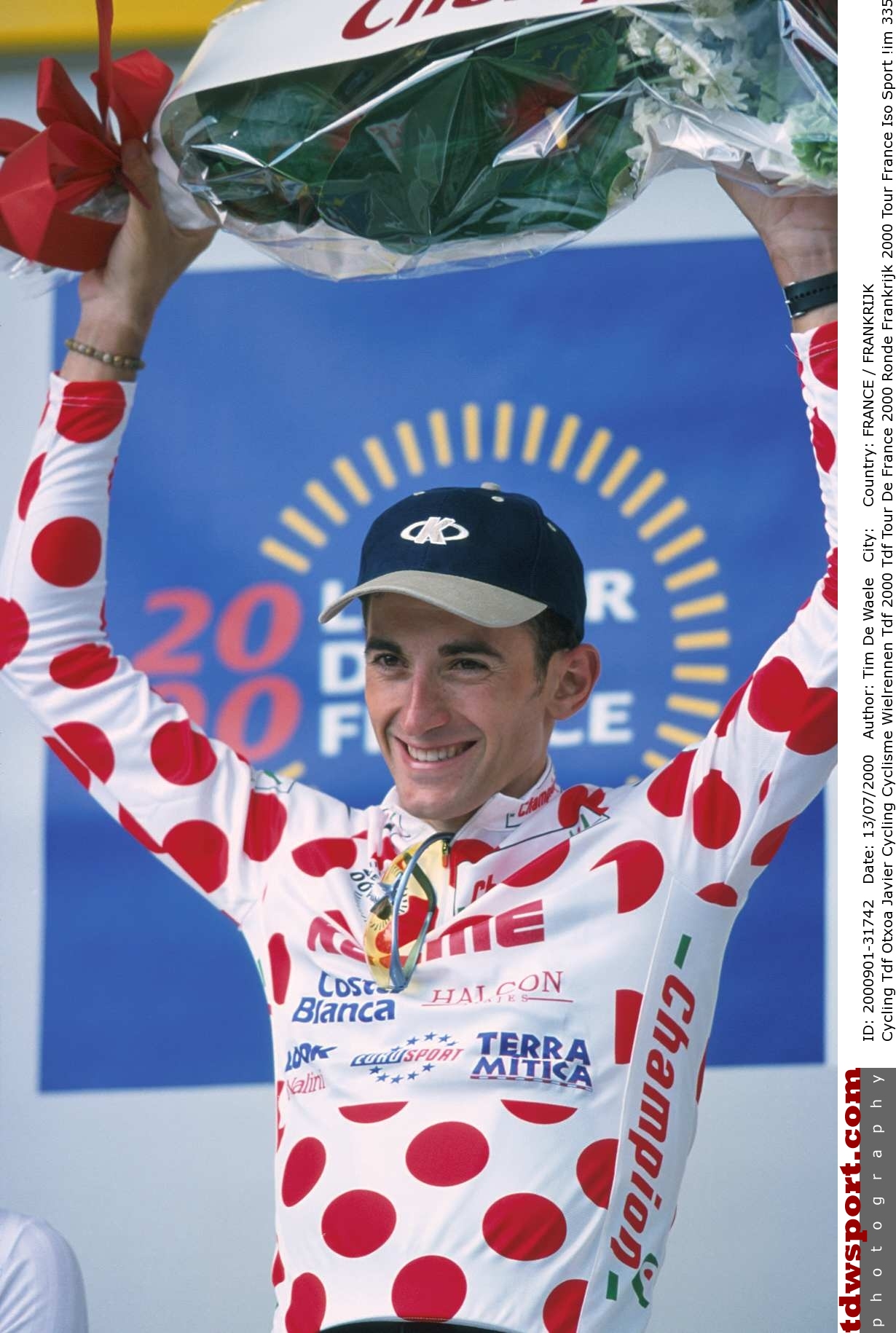
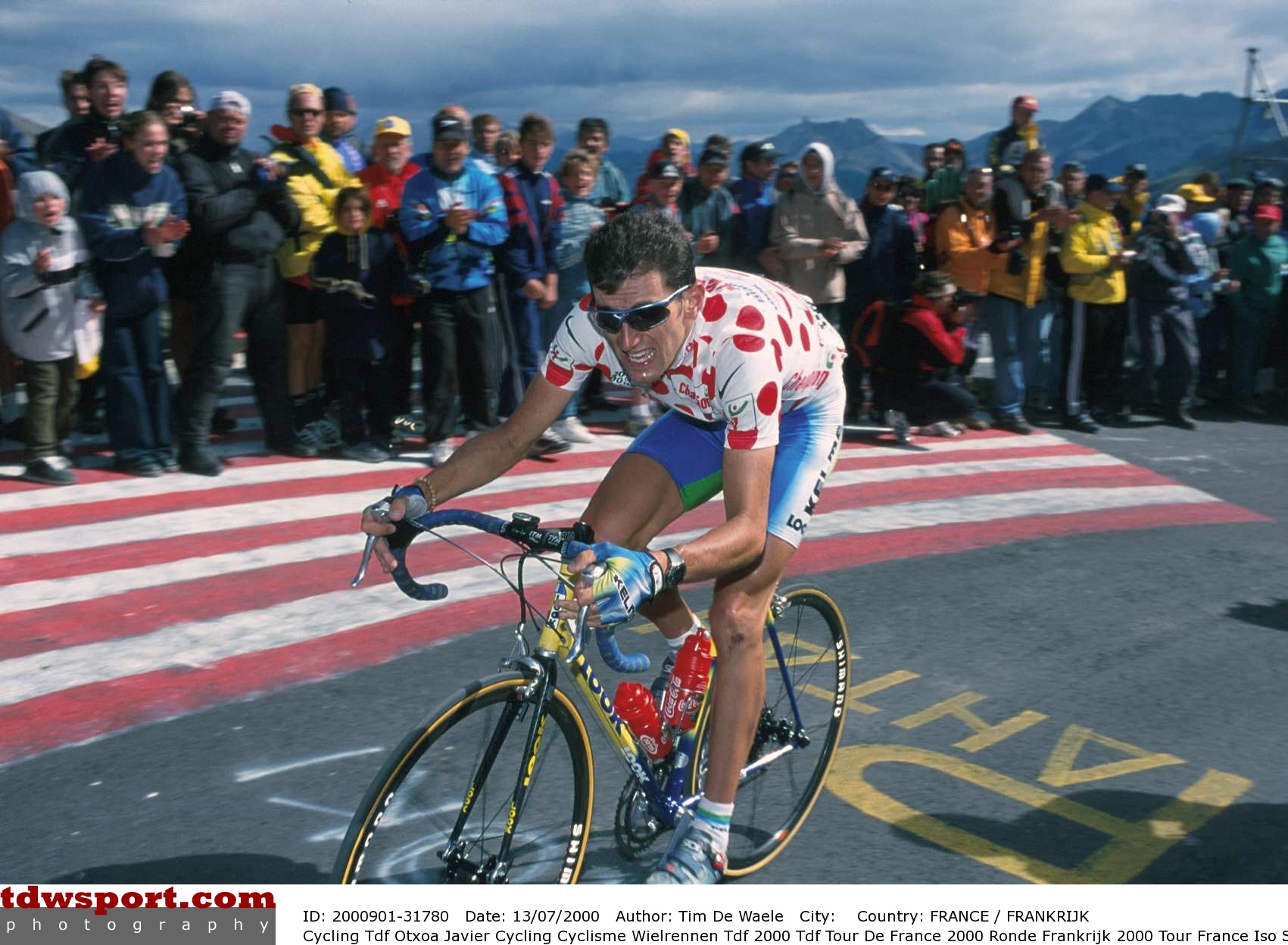
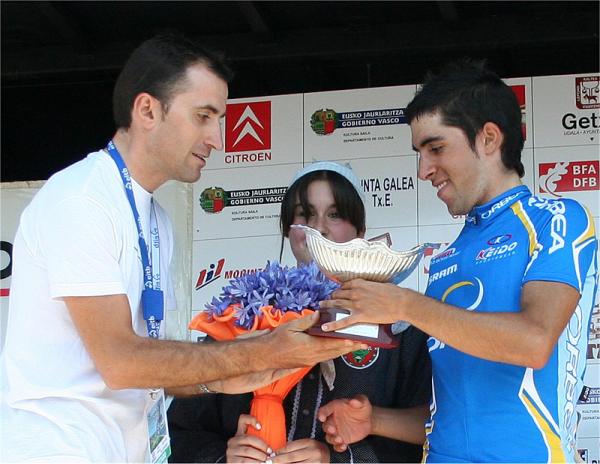
Spanish cycling was in mourning ahead of the Vuelta a España as the news broke late on Friday that Javier Otxoa, the former professional rider, had died at 43 after a long illness.
In terms of results, Otxoa was best known for having soloed to victory on the toughest mountain stage of the 2000 Tour, a rainy and foggy day finishing on Hautacam. Otxoa’s success was all the notable given he had broken away much earlier on the stage and managed to fend off a rampaging Lance Armstrong by 45 seconds, after the Texan attacked from the peloton on the final climb to the finish.
However, tragedy was to strike less than a year later when, on 15 February 2001, Otxoa and his twin brother Ricardo, also a rider with the Kelme team, were hit by a car while training in southern Spain. Ricardo was killed instantly, while Javier was left in a coma, with four damaged vertebrae, and a crushed lung. It was initially impossible for police to identify the bodies, as the twins were not carrying ID at the time, looked identical, and were only a centimetre different in height. They were both 26 years old.
Doctors reportedly wanted to disconnect Otxoa’s life support machine, but his parents opposed it – although El Correo reported that they went so far as to reserve a spot for Javier in the cemetery in Barakaldo next to his brother – and after 65 days, Javier finally awoke, albeit with major brain damage. In 2005, after a lengthy trial, the driver who hit the cyclists, and whose version of events differed radically from those of the police investigators, was penalised with a fine of €1,800 and had his driving licence revoked for a year.
After awaking from his coma, Javier had to learn how to read, write and walk and sometimes needed instructions for even the simplest of activities, like how to get out of bed. Despite his injuries, he returned to racing in paracycling, taking two gold medals and two silvers in the 2004 and 2008 Paralympics. He would occasionally attend stages of the Vuelta a España, too, to meet old friends and see the race pass by.
Born in the Basque Country in Berango, Otxoa lived for much of his later life in the southern Spanish town of Alhaurin de la Torre with his parents. Alhaurin de la Torre is both very close to Cartama, where the 2001 accident happened, and is also where the Vuelta a España, which begins in nearby Malaga today Saturday, will have a stage start on Monday.
A minute’s silence will be held in Otxoa’s memory ahead of stage 1 of the Vuelta on Saturday. This year’s edition of an annual race for disabled riders, named after Otxoa and held in Alhaurin de la Torre each September, has been cancelled.
The latest race content, interviews, features, reviews and expert buying guides, direct to your inbox!
Alasdair Fotheringham has been reporting on cycling since 1991. He has covered every Tour de France since 1992 bar one, as well as numerous other bike races of all shapes and sizes, ranging from the Olympic Games in 2008 to the now sadly defunct Subida a Urkiola hill climb in Spain. As well as working for Cyclingnews, he has also written for The Independent, The Guardian, ProCycling, The Express and Reuters.
